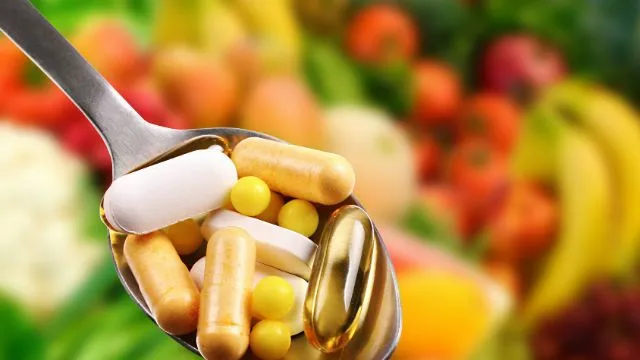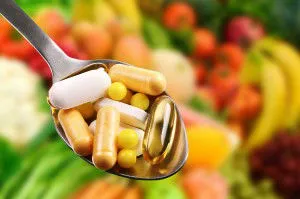
- Share on Facebook35
- Share on Pinterest
- Share on Twitter
The supplement industry in the United States and in many countries around the world is booming. These include herbal remedies, vitamins, minerals, probiotics, and other plant, animal and homeopathic wares.
While supplements, when they are of a high quality, can be a great way to get the benefits of a less-common herb, or a certain vitamin when needed, it is a highly unregulated business, and contaminants – sometimes rather frightening ones – often appear. Or, quality just generally suffers.
A new study performed by the University of Peshawar, Pakistan, published in the journal Fungal Biology, discovered that many common supplements can become contaminated with potentially toxic mold. Based on their results, the researchers are calling for stricter regulations on supplements – a 60 billion dollar worldwide industry.
Ms. Samina Ashiq, one of the study’s authors, stated, “it’s common to use medicinal plants in our country and to buy from local markets and shops. There’s a common misconception that just because they’re natural, the plants are safe. We knew from experience that this wasn’t the case, but we wanted to really test it and quantify the contamination.”
For their study, the researchers analyzed 30 well-known medicinal plant samples, including licorice root and Indian rennet, gathered in the Khyber Pakhtunkhwa province of Pakistan. Upon analysis, they discovered that a whopping 90 percent of the samples showed mold contamination, and that the levels of mold were beyond permitted limits in 70 percent of these samples.
Frighteningly, 31 percent of the molds tested were found to contain “harmful toxins,” including aflatoxins (known carcinogens) and ochratoxin A (which can lead to liver toxicity and immune system problems).
While these findings were gathered in Pakistan, the supplements industry in the US is not well regulated either. As we previously explored, there are many additives pumped into supplements in this country, including GMO ingredients, chemical preservatives and other potentially toxic ingredients. Because the word “natural” on labels is poorly defined by the FDA, many unnatural ingredients get into the mix.
 So how do we make sure our supplements are safe? Always know your source. Try to get references on the manufacturer from previous customers. Call the company and ask where their ingredients come from. If they are hesitant to tell you, it’s a red flag. Your safest bet may be to talk to a natural health practitioner that you trust, and get a recommendation for a dependable, quality brand.
So how do we make sure our supplements are safe? Always know your source. Try to get references on the manufacturer from previous customers. Call the company and ask where their ingredients come from. If they are hesitant to tell you, it’s a red flag. Your safest bet may be to talk to a natural health practitioner that you trust, and get a recommendation for a dependable, quality brand.
It should be said, however, that the best way to get most nutrients is straight from the source – from pure, truly natural foods. If you do take a supplement, proceed with caution. Until more reliable quality controls are put into place to monitor these products, it’s up to you to do your homework.
-The Alternative Daily
Sources:
http://www.sciencedaily.com/releases/2014/10/141023091005.htm
http://www.alphagalileo.org/ViewItem.aspx?ItemId=146505&CultureCode=en
https://www.thealternativedaily.com/12-things-hiding-supplement
https://www.thealternativedaily.com/another-reason-choose-real-food-drugs-certain-supplements-may-cause-liver-damage
- Share on Facebook35
- Share on Pinterest
- Share on Twitter

